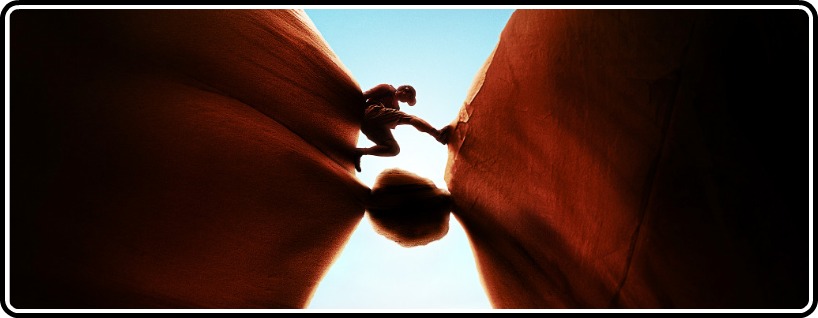Podcast: Download (0.0KB)
Disc 2 episodes are bonus/supplement episodes of The CriterionCast. Rudie Obias, Ryan Gallagher, & James McCormick ramble on and on about movies and movie experiences. ‘On The Screen’ is where they discuss anything and everything that has been on their screens in the week. So anything from TV & movies to music & web junk, everything ‘On The Screen’ is up for grabs. This is what they recommend to you, their listeners.
What do you think of their show? Please send them your feed back: [email protected] or call their voicemail line @ 347.878.3430 or follow them on twitter @CriterionCast or Comment on their blog, http://CriterionCast.com.
This episode of The CriterionCast is brought to you by The Warner Archive Collection. The Warner Archive offers over 700 movies and TV shows not previously released on DVD. Feature filmmakers like Francis Ford Coppola, Kinji Fukusaku and Robert Altman. To learn more go to the WarnerArchive.com
At checkout, use the promo code “CRITERION” to receive $5 OFF your purchase!
Thank You for listening. Don’t forget to subscribe to their podcast and please leave your reviews in their iTunes feed.
They broadcast every episode LIVE on UStream every Friday @ 8pm EST/5pm PST. Join in on the conversation @ CriterionCast.com/LIVE
Our next episode they will highlight and discuss David Cronenberg’s 1983 film Criterion #248, Videodrome.
Show Notes:
(00:00 – 00:30; The Warner Archive Collection)
(00:31 – 00:42; “Rush Apart” by The Rural Alberta Advantage)
(00:43 – 01:38; The CriterionCast – Episode 056.5 – Disc 2)
[ON THE SCREEN]
(01:39 – 08:49; Back To The Future – Rudie Obias)
(08:50 – 16:36; 127 Hours – Rudie Obias)
(16:37 – 23:31; The Walking Dead on AMC – Ryan Gallagher)
(23:32 – 26:59; Lost In Space – Ryan Gallagher)
(27:00 – 30:58; Grindhouse – James McCormick)
(30:59 – 36:48; Doctor Who – James McCormick)
(36:49 – 41:44; Rare Exports: A Christmas Tale – James McCormick)
(41:45 – 42:15; The Warner Archive Collection)
(42:16 – 57:29; Listener Feedback: The Nature of Spoilers)
[CREDITS]
(57:30 – 58:20; Wrap Up, Contact Info & Goodbyes)
(58:21 – 58:33; Next – David Cronenberg’s 1983 film, Videodrome – Criterion #248)
(58:34 – 58:48; Goodbyes)
(58:49 – 59:46; “Tidal Wave” by The Apples In Stereo)




So, about this spoiler-thingy: the idea that it’s more accepted to bloop plot twists and certain dramatic endings from old movies than newer is so – so – wrong and arrogant. Yes, there sure lies a difference to talk about plot ingrediences (that Titanic sinking) and underestimating the people by telling the movie from start to finish if the movie relies on dramatic plot twists (like saying in that Titanic the romantic lead doesn’t survive – ups sorry). But the old movies are more available and so immune to spoiling them? That’s so false assumption. Even in a time of Netflix and Amazon and torrents and public libraries – there’s no time or/and money watch everything what’s considered essential cinema. I’m sorry if I sound rough with this, I like your podcast and you guys talking about movies, and listen even the episodes about films I haven’t yet seen. I don’t remember anything particular spoiler you’ve blurped, and I preciate that you mentioned the spoiler about The Social Network some episodes ago.
I’ve myself ruined couple of movie experiences because of reading a bad review (Antichrist) or reading a too precise description (The Vanishing) before seeing the movie. I hoped in both times that I could forget the “twist” but it turned out that I just waited those things to happen in the movie. There is a way to mingle around spoiling elements without telling too much – what I find as a considerate and good practice in film journalism. At least mention if you’re gonna discuss about the movie in a way it’s not recommended to listen (certain parts) if you want to keep the surprise element when watching the movie first time. And I’m not saying you’d need to scream SPOILERS AHEAD in the beginning of the podcast. :D
I’ve not before this bumped into the spoiler-frenzy you talked about, but my two cents about it is that maybe arrogance has rised and people tend to assume more often today that you’ve seen everything what they’ve seen.